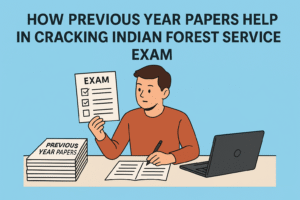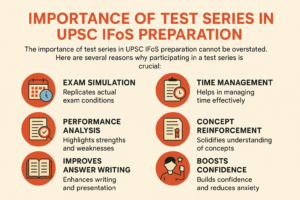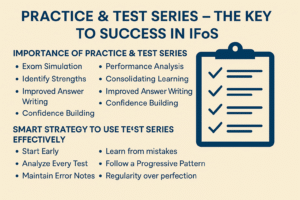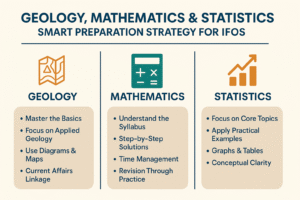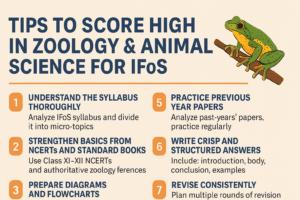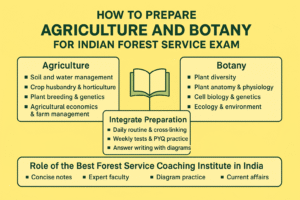The UPSC Civil Services Examination (CSE) is one of the toughest and most prestigious competitive exams in India. With its vast syllabus covering History, Geography, Polity, Economy, Environment, Science & Technology, and Current Affairs, aspirants often face confusion about which books to follow.
The secret to success in UPSC is not reading too many sources but reading a few standard books multiple times and revising them thoroughly. To help you streamline your preparation, here is a list of the Top 10 Standard Books every UPSC aspirant must read.
1. NCERT BOOKS (Class 6–12)
Why Important: Build strong fundamentals in History, Geography, Polity, Economy, and Science.
Tip: Revise Class 11–12 NCERTs at least 3–4 times.
Subjects Covered: Ancient, Medieval & Modern History, Indian Society, Physical & Human Geography, Economics, Science.
2. Indian Polity by M. Laxmikanth
Why Important: The Bible of Polity for UPSC. Covers Constitution, Governance, and Political System.
Tip: Use it for both Prelims & Mains. Revise 5–6 times for maximum retention.
3. Spectrum’s A Brief History of Modern India by Rajiv Ahir
Why Important: Essential for Modern Indian History (Prelims + GS-I in Mains).
Tip: Focus on freedom struggle, reform movements, and Indian National Congress sessions.
4. Indian Economy by Ramesh Singh
Why Important: Provides conceptual clarity on the Indian economy.
Tip: Supplement with Economic Survey and Budget for updated data.
5. Certificate Physical & Human Geography by G.C. Leong
Why Important: Excellent for physical geography concepts.
Tip: Use along with NCERTs and an Atlas to practice maps.
6. India’s Struggle for Independence by Bipan Chandra
Why Important: Comprehensive coverage of freedom struggle with detailed analysis.
Tip: Ideal for those who want a deeper understanding beyond Spectrum.
7. Indian Art and Culture by Nitin Singhania
Why Important: Must-read for Culture section in Prelims and GS-I.
Tip: Make concise notes with flowcharts, timelines, and examples.
8. Shankar IAS Environment Book
Why Important: Standard source for Environment & Ecology, Biodiversity, and Climate Change.
Tip: Supplement with Current Affairs + Reports (IPCC, UNFCCC, MoEFCC).
9. Lexicon for Ethics, Integrity & Aptitude
Why Important: Useful for GS Paper IV (Ethics). Covers case studies, quotes, and theoretical aspects.
Tip: Practice answer writing with real-life examples and case studies.
10. India’s Ancient & Medieval History – R.S. Sharma & Satish Chandra (Old NCERTs)
Why Important: Authentic sources for Ancient and Medieval History.
Tip: Focus on important dynasties, cultural developments, and social structures.
ADDITIONAL MUST-READS
Economic Survey (Latest Edition) – For updated data and analysis.
Union Budget Highlights – For economic trends and schemes.
2nd ARC Reports – For Governance and Administrative reforms.
Previous Year Question Papers (PYQs) – For understanding UPSC trends.
HOW TO USE THESE BOOKS EFFECTIVELY
Don’t try to read too many books; stick to these 10 standard sources.
Make short notes for last-minute revision.
Revise at least 3–4 times before Prelims and Mains.
Integrate current affairs with static content.
Practice answer writing daily to improve presentation.
FAQS ON UPSC STANDARD BOOKS
Q1. HOW MANY BOOKS SHOULD I READ FOR UPSC PREPARATION?
Around 10–12 standard books along with NCERTs and current affairs are sufficient.
Q2. ARE NCERT BOOKS REALLY IMPORTANT FOR UPSC?
Yes. They provide conceptual clarity and form the foundation for advanced books.
Q3. WHICH IS BETTER FOR MODERN HISTORY – SPECTRUM OR BIPAN CHANDRA?
Spectrum is concise and exam-oriented; Bipan Chandra is detailed. Many aspirants use both together.
Q4. HOW MANY TIMES SHOULD I REVISE THESE BOOKS?
At least 3–5 revisions are necessary for retention and recall.
Q5. CAN I CRACK UPSC WITH ONLY THESE BOOKS?
These books form the core foundation. You must also add current affairs, test series, and PYQs for complete preparation.
Q6. SHOULD I BUY NEW EDITIONS OF BOOKS EVERY YEAR?
Not necessary for static subjects. For dynamic subjects like Economy, Environment, and Polity, latest editions are preferable.
FINAL WORDS
The Top 10 Standard Books for UPSC mentioned above are more than enough to cover the Prelims and Mains syllabus effectively. Instead of chasing multiple sources, aspirants should focus on clarity, consistency, and revision. Remember, success in UPSC depends not on the number of books you read but on how well you understand, revise, and apply them in exams.


